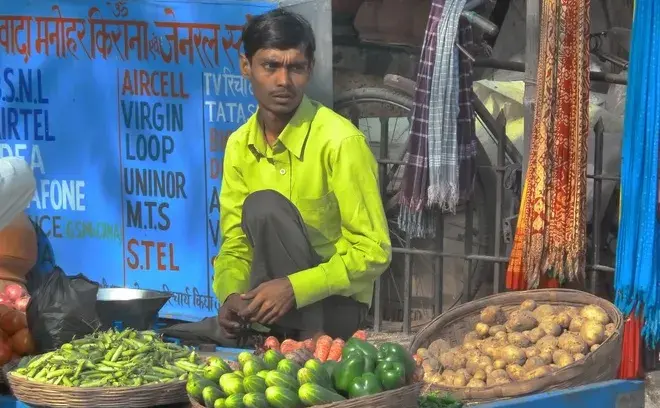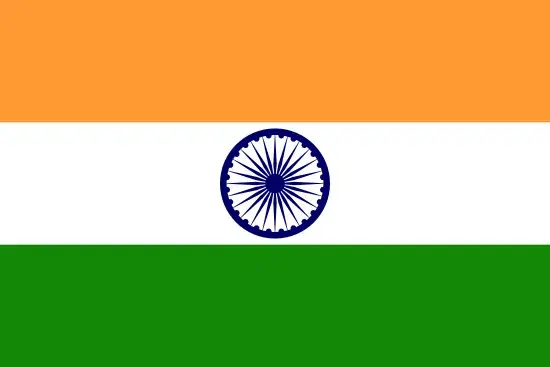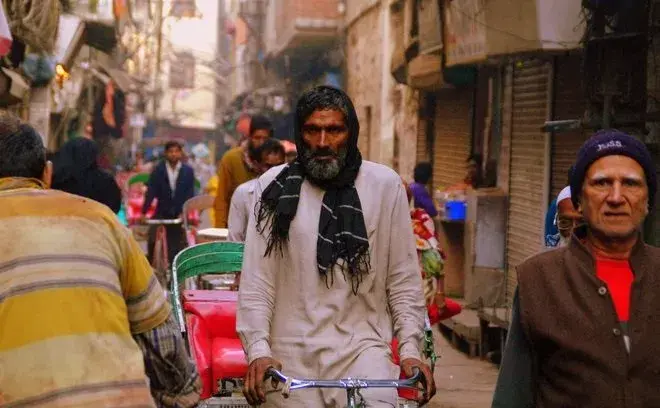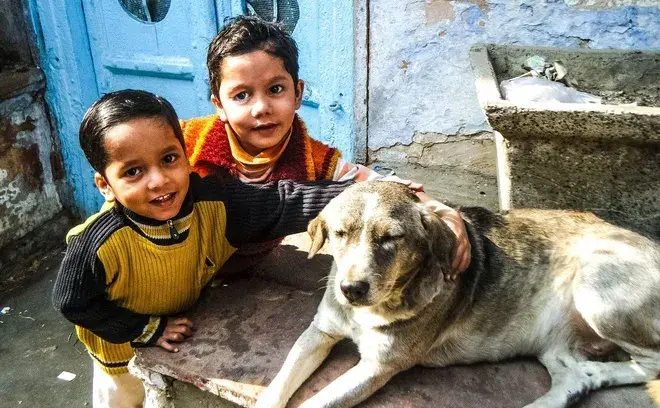India Perspectives on Post-2015 Development Goals
The Post-2015 Consensus held a country specific seminar on the post-2015 development agenda in India on 3rd July.
The final seminar in a series of 9 seminars to be held around the world. The purpose of the country specific discussion is to bring together international economists with local sector experts in order to delve deeper into the potential benefits which the post-2015 development agenda could bring to the country and the necessity of prioritizing smart targets to achieve the desired outcomes for the country.
Through a dialogue led by the economists and sector experts across three themes: food security, tuberculosis and non-communicable diseases, the participants of the seminar were given a concrete understanding of potential good the post-2015 development agenda can do within India if smart targets are prioritized for each theme.
For more information on prioritizing smart targets download the PDF presentation "The Smartest Targets For The World 2016-2030" by Bjorn Lomborg and scroll down for more information and resources to learn what the post-2015 development agenda could mean for India.
Click here to see the full media coverage in India.
India Perspectives: Food Security
In 2013, the USDA estimates that there were 842 million people around the world suffering from food insecurity. Despite considerable progress in reducing poverty (a nearly 9% reduction was achieved between 2004 and 2010), 30% of these people live in India and about 190 million Indians remain undernourished. Food security remains a major problem for the country.
- Mark Rosegrant, Seminar Speaker

India Perspectives: Tuberculosis
Over 2 million Indians developed tuberculosis (TB) in 2013, and around 278,000 people in the country die from the disease every year: about 30 an hour. TB not only affects health, but the loss of earnings and cost of treatment forces many people deeper into poverty. The main focus of this study for the Copenhagen Consensus is the reduction of deaths from TB.
– Anna Vassall, Seminar Speaker

India Perspectives: Non-Communicable Diseases
India already has the world’s second largest population and is expected to overtake China before 2030. At the same time, the population is becoming older and more sedentary. The country is undergoing a demographic transition and is also experiencing an epidemiological transition, with non-communicable diseases (NCDs) – a result of lifestyle rather than infection – becoming an increasingly important factor in life expectancy."
– Rachel Nugent, Seminar Speaker and Elizabeth Brouwer





